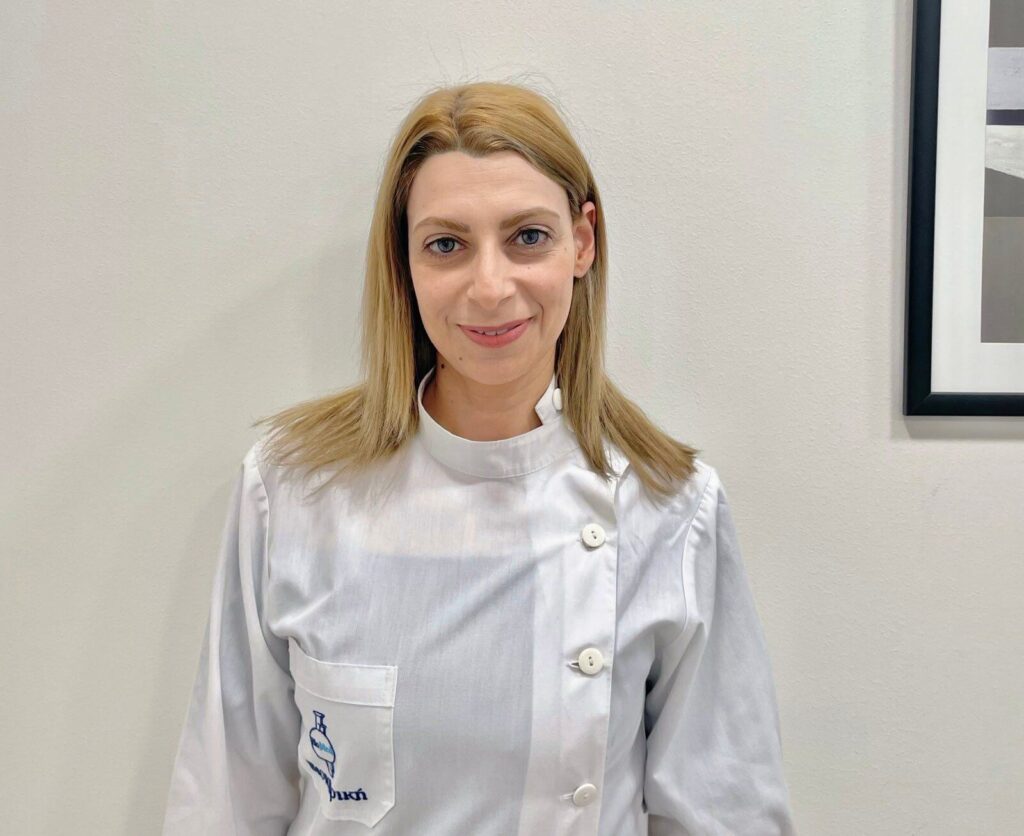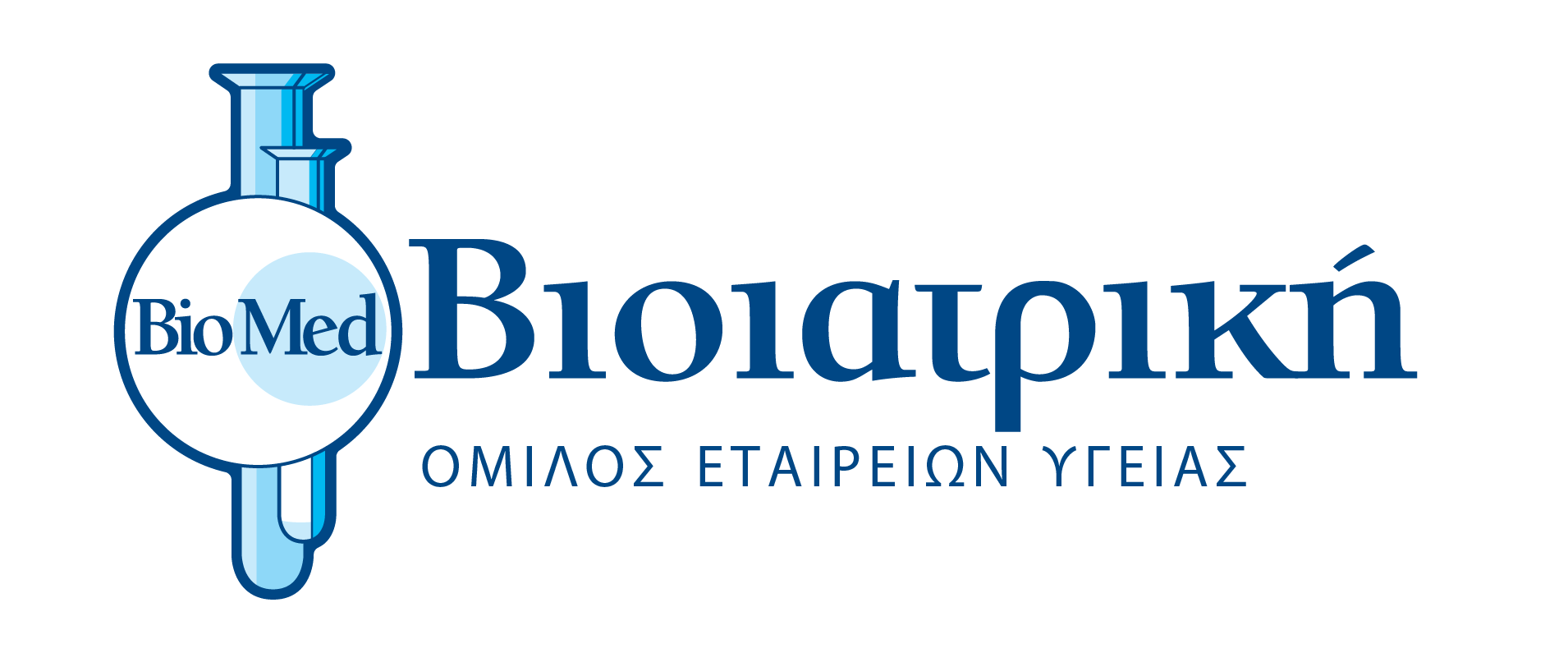
*by Zoi Chaviara
Being tested with MRI is a stressful procedure. For adults, stress during MRI is linked to both the procedure itself and its results. For our little friends however, every concern around MRI testing, is exclusively about the procedure. From my experience however, most children undergoing a MRI test, not only do not exhibit a claustrophobic behavior, but they even enjoy it. Naturally, the factors responsible for this behavior vary, nevertheless, the most important of them all is the proper preparation of the child for the MRI test.
Causes of claustrophobia
When it comes to MRI, the factors that lead a child to develop claustrophobic behavior could be briefly categorized as follows:
A) Child’s temperament: Every child has its own temperament that defines how they will express themselves when they are uncomfortable under the feeling of stress and fear (character, environment, culture, imagination).
B) Age: A child may undergo too much, a little, or no stress, depending on its age. The age-stress combination does not follow the rules of proportionality. In other words, there are toddlers that do not exhibit any fear or worry even when they are on the examination bed, while there are other toddlers of the same age that feel uncomfortable even when they enter the examination room. The same statement applies for teenagers as well.
C) Experiences: Some unpleasant and traumatizing experiences that took place either during childhood (e.g., being trapped in a small space during play or punishment by being locked in the room) or later (e.g., being trapped in an elevator, road accident, bereavement), may trigger the child’s brain with negative feelings, when they even look at the MRI scanner device, due to its shape (i.e., “tunnel”).
However, the most difficult type of claustrophobia that a technologist-radiologist has to deal with, is the one related with the unpleasant experiences from the parents-guardians towards the children. Adults who have experienced anxiety due to their own previous examination or have been influenced by other people’s experiences, very often tend to “terrorize” the child in advance.
Before we move on to the techniques that can reverse the above difficulties, it is necessary to clarify that each examination requires a defined level of cooperation. The protocol of each examination is based on the clinical question posed by the referring physician. The more specialized, and therefore, more time consuming the protocol is, the higher the degree of cooperation is required from the child. If cooperation is not possible, the option of general anesthesia to perform the examination should be considered.
Undoubtedly, every child is unique and this is the main axis on which its preparation for any medical examination will be based. Specifically, as far as MRI is concerned, the key techniques for completing the test are how both the technologist-radiologist and the parent-companion prepare the child for the test.
How we prepare the child for the test
If we could theoretically create time segments for the preparation, it would be like this:
- Preparation by the parents: Concerns and anxiety for a specialized test for the child that the family experiences the days before the test are normal (anxiety about the test result or whether the child will cooperate during the test etc.). For the achievement of the best result, it is imperative for the parents not to convey their own feelings towards the child. Phrases such as: “When you enter the tunnel” or “I could not do it” etc., are at least discouraging. The parents should briefly but clearly explain to their child how the test will be performed: “You will be lying down and you will be photographed… You need to be still… The more still you are, the faster you will finish… I will sit next to you all the time.” Extensive discussions and repeated references to the test usually end with negative results. In addition, promising the child with a reward (book, game, trip, visit to a playground, etc.) is considered effective, in some cases.
- Preparation by the technologist – radiologist: Pediatric examination is a professional challenge for the technologist – radiologist. From the moment the child enters the examination area and until they leave it, the establishment and maintenance of a relationship of trust between them and the paramedical staff (technologists-nurses) is essential. Initially, the demonstration of the device and the contact of the children with it through touch, leads to the demystification of the process as something terrible. The technologist – radiologist who allows the child to experiment with the “buttons” of the device, that is, raising and lowering the bed by itself, or even tour the child in the MRI control room, in essence makes the child more familiar with the examination area.
For the child to feel safe
In an extremely limited time window, health professionals try to convince the child that it will be safe with them, so that it feels comfortable throughout the procedure. For this reason, and always considering the age of the child, the appropriate words-phrases are used, explicitly avoiding lies. Children easily lose trust and hence, are unable to carry out orders that follow false promises.
Phrases such as: “This is a huge camera with which we will capture about a thousand photos” must be accompanied by the following: “Do you like taking pictures with mom and dad?” The only problem is that this machine makes a noise like a jackhammer. You are not afraid of it, are you? ”
Even when the goal is reached and the child starts the examination, the technologist – radiologist needs to be in contact with it, through the audiovisual intercom system. Encouragement and reward for good effort – even if it is not so good – at regular intervals, in most cases ensure a satisfactory cooperation.
In case the above efforts fail, the technologist – radiologist always thanks the child for the cooperation and in consultation with the parents discreetly arranges an appointment with anesthesia.
Finally, MRI could, under certain conditions, be a routine examination even for children.
Let us not forget that children are just “little adults”.
*Technologist – Radiologist at Alpha Evresis Diagnostic Center of BIOIATRIKI Healthcare Group in Cyprus.









